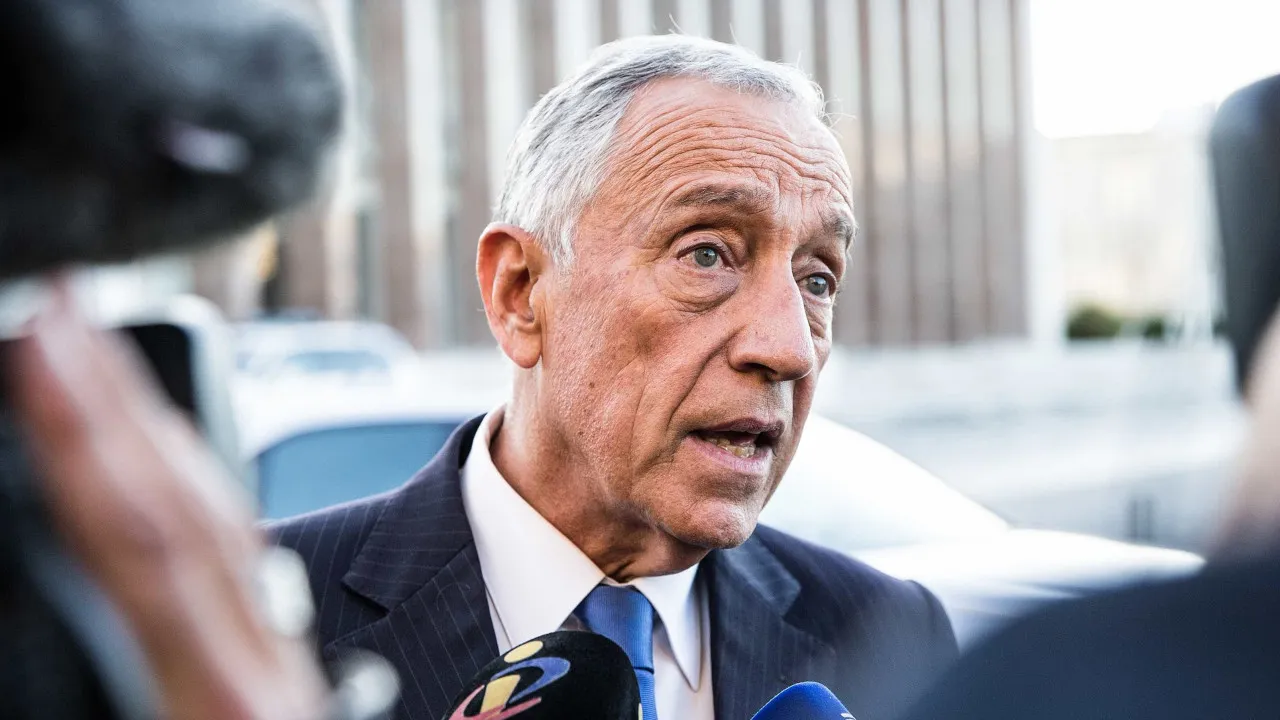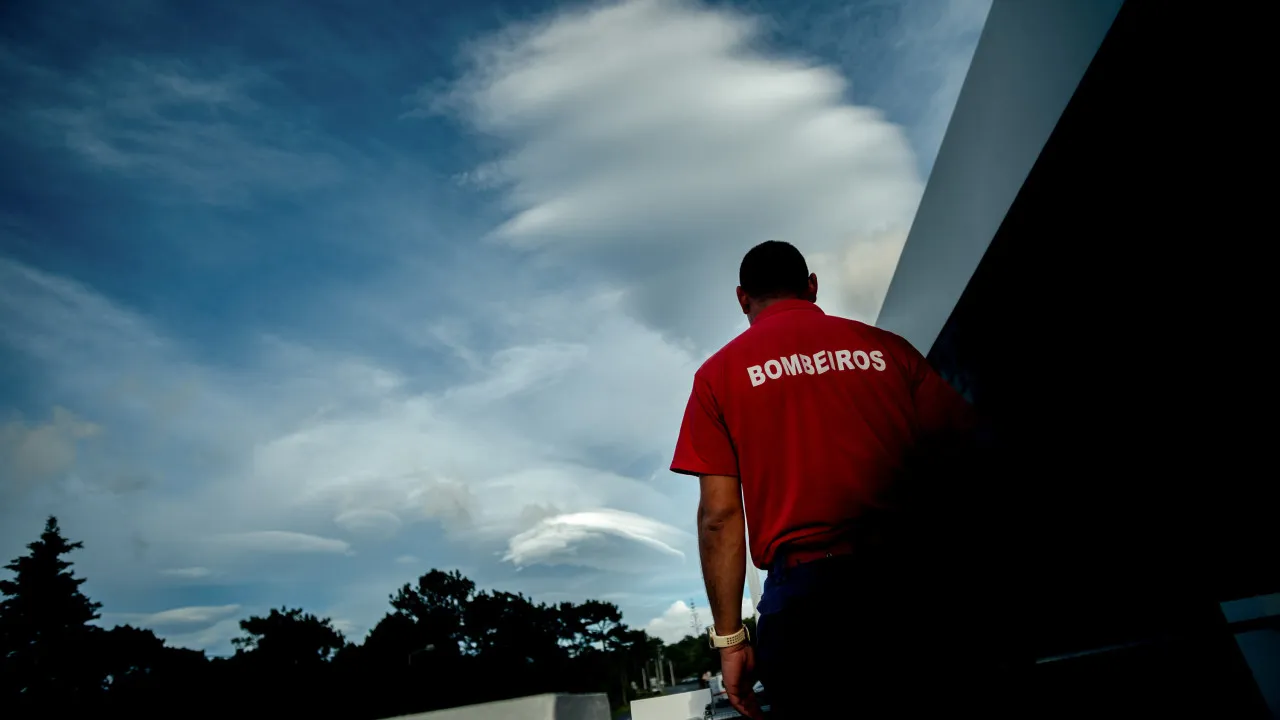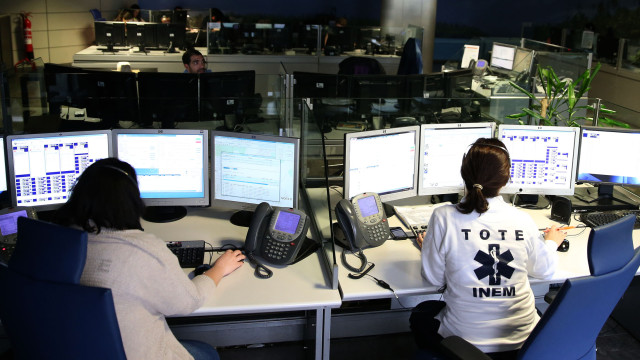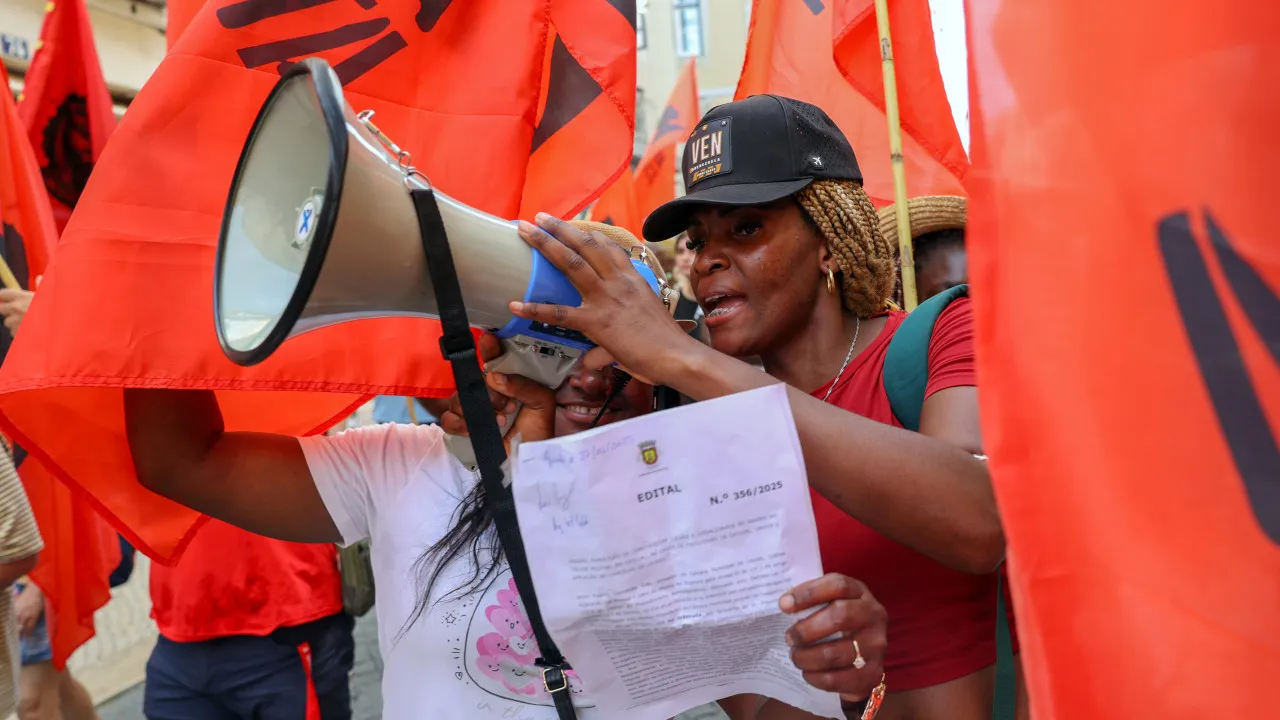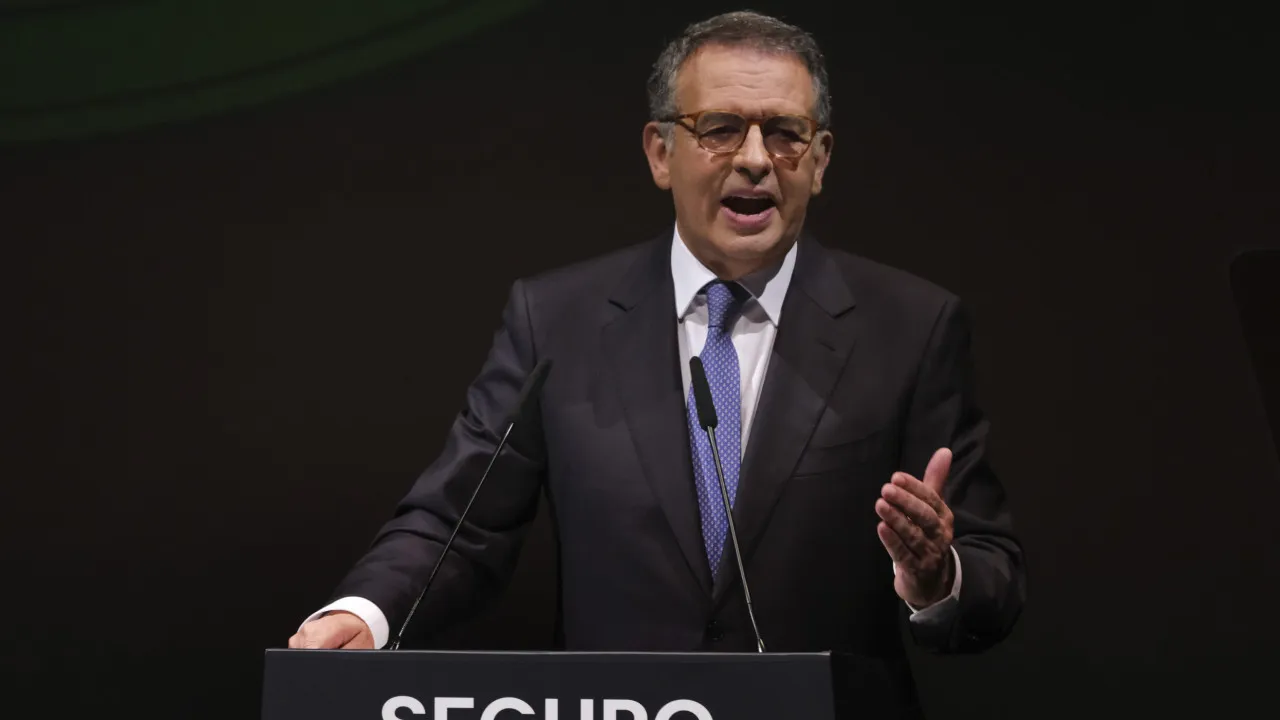
“I would advise caution. First, we need to see if we can achieve our NATO or European Union commitments with the same level of expenditure before moving to the next step, which is spending more”, said António José Seguro to journalists in Guimarães, Braga district, after a meeting with several dozen young people in a city garden.
On Wednesday, in The Hague, Netherlands, the 32 NATO (North Atlantic Treaty Organization) countries agreed to increase defense investment to 5% of GDP by 2035, with a review of objectives in 2029.
“It is essential that before spending more, we spend better. And especially, that this is done within the European Union, creating autonomy, particularly at the technological and strategic levels within the European Union. We need a good European scientific system, benefiting defense and security areas, but also the economy, health, and environment”, argued António José Seguro.
According to the presidential candidate, “the level of spending must be in line with the country’s resources and needs”.
“Five percent of our GDP is a lot of money”
“The country not only has needs in defense and security but also in housing, health, and the economy. There must be a balance here. I am always very suspicious when there is a rush from one moment to another to these defense areas with such a high volume of resources and money. Five percent of our GDP is a lot of money“, he emphasized.
On Thursday, at the end of the NATO summit, Prime Minister Luís Montenegro committed to reaching 2% of GDP in defense by the end of this year, which, according to government calculations, will require an investment increase of about one billion euros.
Besides this target, the NATO summit agreed that allies should invest 5% of GDP in defense-related expenses, with 3.5% on traditional military spending (armed forces, equipment, and training) and an additional 1.5% in investments such as infrastructure and industry by 2035, with an interim review in 2029.
On the following day, European Union leaders, meeting in Brussels, committed to adequately funding the increase in defense spending, coordinating this investment to do it “better together,” given the new NATO target agreed upon the previous day.

